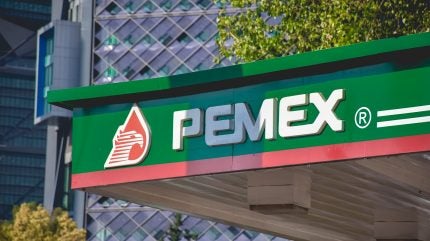
Mexico’s state energy company Pemex has received approval from the country’s hydrocarbon regulator to increase investment in the Lakach deepwater field by over $400m, reported Reuters.
This move is part of an effort to expand the natural gas project in the Gulf of Mexico.
CNH, the Mexican hydrocarbon regulator, has sanctioned an updated investment plan for the project, set to span from 2024 to 2041.
The updated investment for the project totals $2.21bn, with $1.66bn allocated for investment and $551m for operational expenses.
The revised plan for Lakach marks an increase from the $1.81bn previously authorised for the period between 2024 and 2035.
Additionally, the production commencement has been deferred by one year, from 2025 to 2026.
Pemex’s strategy update includes well recovery and termination, production management, and hydrocarbon commercialisation.
Pemex has already invested approximately $1.4bn in the Lakach field, which has faced discontinuation twice in the past.
A partnership with New Fortress Energy ended in late 2023 due to disagreements.
Last month, Pemex and Mexican billionaire Carlos Slim-backed Grupo Carso agreed to restart the development of the project.
The approved expansion also envisages the construction of gas pipelines, a shift from the original plan of using boats for gas collection and transport.
The investment boost coincides with a broader shift as Mexico’s incoming administration, led by President-elect Claudia Sheinbaum, signals a potential return to farm-out agreements.
These partnerships with private entities could help Pemex address challenges such as stagnant production, dwindling reserves, and a debt nearing $100bn.
Under Sheinbaum’s leadership, the Pemex board is expected to gain greater autonomy in selecting partners and streamlining the process of forming equity partnerships.
This approach aims to revitalise the company and bolster Mexico’s oil reserves.
Mexico, currently the world’s 11th-largest oil producer, has seen a decline in proven oil reserves and a drop in crude production from its peak two decades ago.



